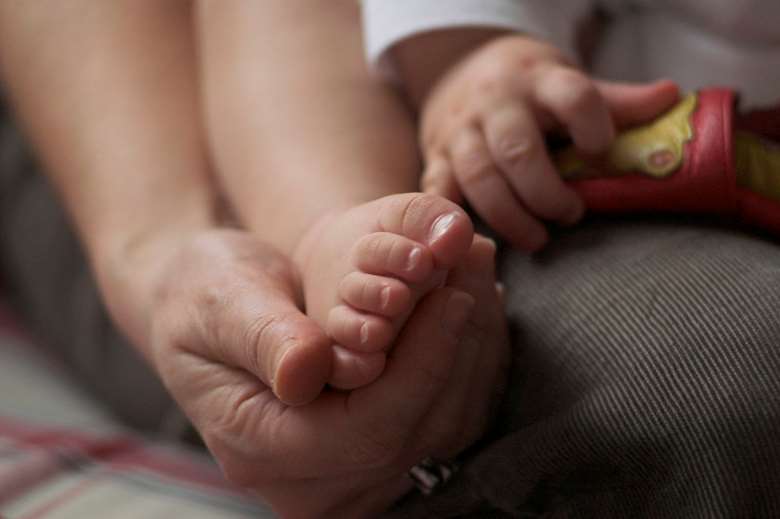New mums lack support to cope with isolation and depression
Janaki Mahadevan
Monday, July 2, 2012
Nearly a third of new mums from low-income households lack local support networks to help them through pregnancy and are unaware of services to help with depression, a survey has found.

The survey, conducted by parenting club Bounty UK on behalf of the charity Family Action, questioned more than 2,200 women in the early stages of pregnancy through to mothers with a youngest child aged two.
It found that a fifth of women do not have friends or family nearby who they can turn to if they feel isolated through pregnancy or immediately after the birth of their child. This rose to a third among women in the lowest income group.
Thirty per cent of the women said they were not aware of local services to support them through feelings of isolation and depression during pregnancy and immediately after birth. A quarter of women who responded said they were not always comfortable bonding with their babies.
Family Action is campaigning for more support services and better welfare for mothers at risk of depression, highlighting figures that suggest that more than 300,000 babies will suffer due to poor attachments with their mothers.
The charity’s chief executive Helen Dent said: “Tackling perinatal depression through genuine early intervention services could make a big difference for many families.
“In the worse cases poor behavioural development will lead to antisocial behaviour and school exclusions. Our research shows that for the most vulnerable families intervention during pregnancy and the first year of a child’s life is key to preventing future problems for children and families.”
Family Action runs perinatal support services in Hackney, West Mansfield, Swaffham and Oxford.
It is now calling on the government to invest in better support services and early intervention initiatives.
“The government's troubled families programme will need to ensure true early intervention if we're to solve this problem and stop future generations of troubled families,” Dent added.
“That’s why we’re calling for more support services and better welfare for these women and children. While welcome, the government’s health visitors initiative will not meet the demand for services that women with mild to moderate needs have.”
The results of the survey have been published to coincide with Family Action’s conference on improving perinatal services this week.




